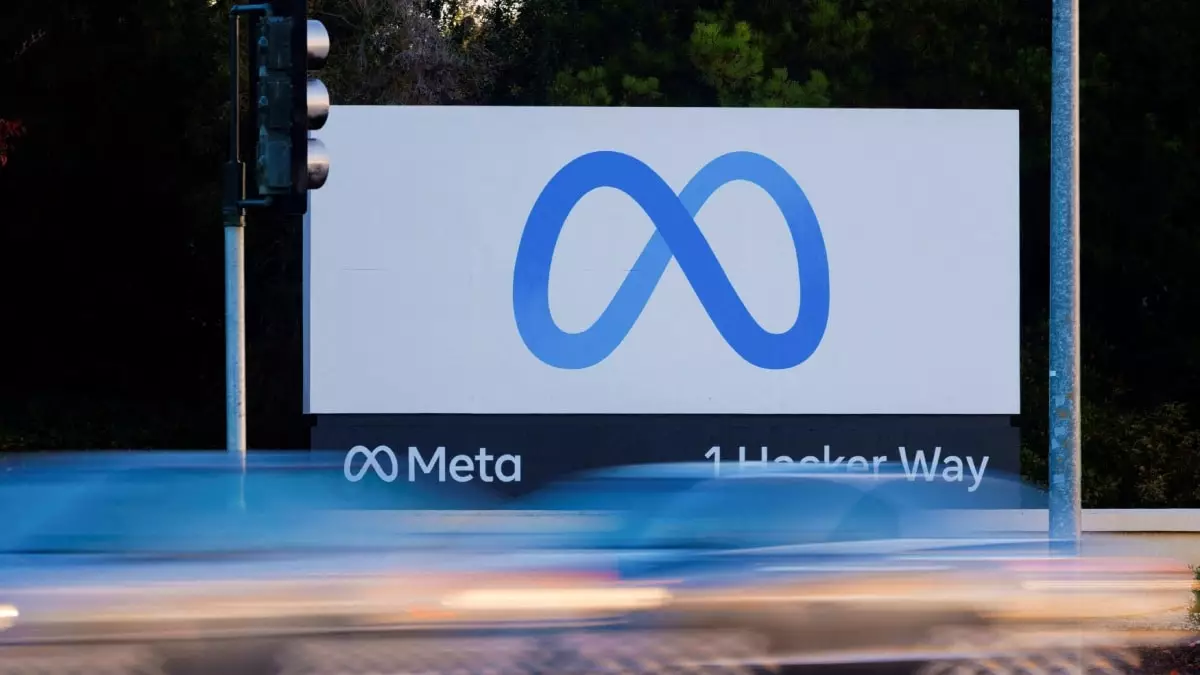Recently, Meta revealed that it had uncovered “likely AI-generated” content being used deceptively on its Facebook and Instagram platforms. This content included comments that praised Israel’s handling of the war in Gaza, which were strategically placed below posts from prominent global news organizations and US lawmakers. The accounts responsible for this misleading content posed as various individuals, such as Jewish students, African Americans, and concerned citizens, with the intention of targeting audiences in the United States and Canada. The campaign was attributed to a political marketing firm based in Tel Aviv called STOIC, although the firm has not yet provided a response to these serious allegations.
While Meta has encountered AI-generated profile photos in influence operations dating back to 2019, this latest report marks the first instance of text-based generative AI technology being utilized for deceptive purposes. This technology, which emerged in late 2022, has raised concerns among researchers about its potential to facilitate more effective disinformation campaigns and influence public opinion, possibly even impacting election outcomes. Despite these worries, Meta’s security executives stated that they were able to identify and remove the deceptive Israeli campaign early on, indicating that novel AI technologies had not significantly hindered their ability to disrupt such influence networks.
In their report, Meta highlighted six covert influence operations that were thwarted in the first quarter, including the STOIC network and an Iran-based campaign focused on the Israel-Hamas conflict. While generative AI was not identified in the latter campaign, the use of such technology remains a pressing concern for social media platforms. Companies like Meta, along with other tech giants, have been grappling with how to address the potential misuse of AI technologies, particularly in the context of elections. Instances of image generators from companies like OpenAI and Microsoft producing photos with voting-related disinformation have been documented, despite these companies having policies against such content.
One approach that tech companies have taken to address this issue is the implementation of digital labeling systems to tag AI-generated content at the time of creation. However, these tools are not foolproof and do not currently work for text-based content, leaving room for deceptive practices to persist. The effectiveness of these labeling systems has also been called into question by researchers, further underscoring the challenges that platforms like Meta continue to face in combating the spread of misinformation and disinformation.
As Meta gears up for key elections in the European Union and the United States, the company will face critical tests of its defenses against malicious actors seeking to manipulate public opinion through AI-generated content. The ability to swiftly detect and disrupt influence networks that employ such technology will be vital in safeguarding the integrity of these democratic processes. It is clear that the threat posed by AI-generated content on social media platforms is a pressing issue that requires ongoing vigilance and proactive measures to mitigate its harmful effects.


Leave a Reply